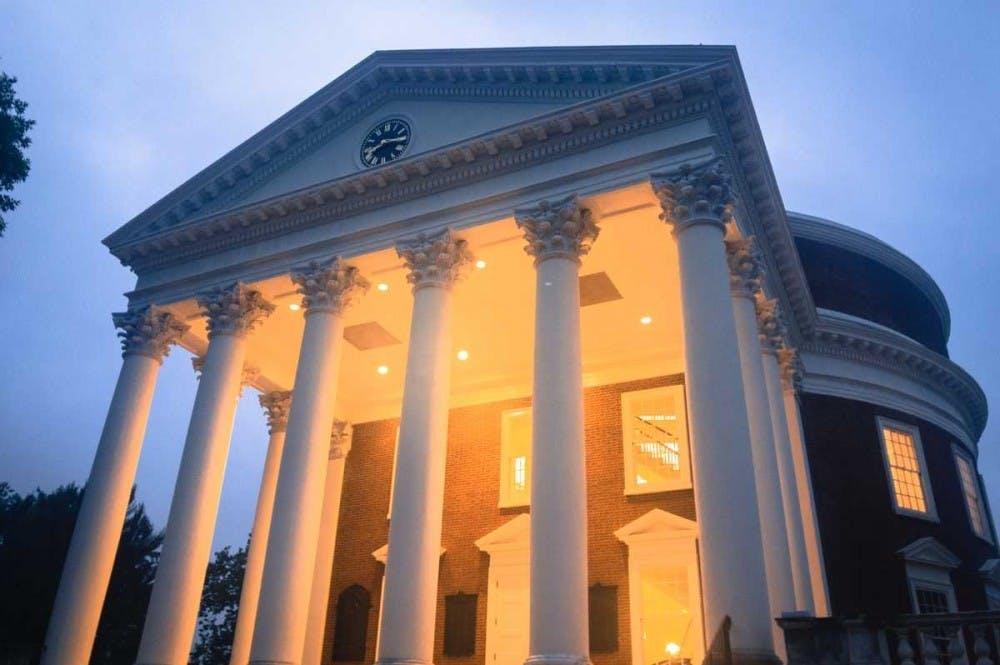Peggy McIntosh’s 1989 essay detailing the evidence for and prevalence of white privilege in American society provided the foundation for much of the discussion today. In her work, she used examples such as “I can go shopping alone most of the time, pretty well assured that I will not be followed or harassed” to illustrate how whites benefit from social structures unfairly skewed in their favor. However, McIntosh’s argument fails to hold up to rigorous scrutiny.
While her essay addresses interlocking hierarchies in society other than race alone, other arguments focused on white privilege alone fail to adequately address other indicators of privilege — including class and education. In order to further truth and understanding, the conversation on privilege should not focus solely on racial or ethnic background as the primary source of privilege in any one individual’s life. It should instead encompass a more holistic understanding of the numerous forces at work in society that influence the degree to which anyone benefits from privilege. Economic and social analysis shows how an intersectional understanding of privilege better illustrates hierarchies in society and how they affect Americans.
Economists Anne Case and Sir Angus Deaton of Princeton University found that the mortality rates for middle-aged whites without college degrees in America rose by half a percentage point every year from 1999 to 2013. They linked the higher death rates to suicides, drug overdoses and alcoholism as a response to diminishing economic opportunity for blue-collar whites. This trend opposes a general decline in mortality rates over the past century in the United States. However, whites with a college degree have not experienced the same decline in longevity.
Were the presumption of white privilege true, economists like Case and Deaton would expect the mortality rates of whites across all spectrums to have declined because they generally would benefit from economic and social securities denied to other racial and ethnic groups. However, their study indicates that external factors like education, economic opportunity and age superseded their alleged privilege that should have isolated middle-aged, working-class whites from such deterioration. Conversely, they found that mortality rates for blacks and Hispanics of the same age group as a whole declined due to decreases in deaths due to illness and natural causes. Additionally, Case and Deaton found in another study that the gap between the mortality rates for both whites and blacks with a high school degree or less was statistically negligible, indicating that education has a stronger outcome than race on life-expectancy and factors that influence longevity, including social and economic security.
In 1999, the mortality rates of whites with no education beyond high school were 30 percent lower than their black counterparts. By 2015, however, the mortality rates for that same group of whites was 30 percent higher than blacks with similar levels of education. While increases in mortality cause concern by themselves, the factors contributing to those increase — specifically suicide, alcoholism and drug use — reflect the deteriorating condition of working class, middle-aged whites in the United States.
McIntosh’s argument rests on the assumption that whites in general benefit from privilege and unfair advantages due to their race. However, the discrepancy between mortality rates due to drug addiction and suicide between members of the same racial group but with different class and education backgrounds indicate that — in spite of their white privilege — working class, middle-aged whites are not isolated from challenges that other racial groups face. College educated whites benefit from social and economic securities that working class whites do not have the privilege of enjoying. Although Case and Deaton published their study after McIntosh wrote her essay, many in academia and the media continue to uphold McIntosh’s thesis as current despite the evidence contradicting white privilege mythology.
Debunking white privilege orthodoxy does not equate to denying the existence of racism, nor does it prove that whites are a victimized group in America. Historical records and current events illustrate how racism remains present in America and throughout the world. If anything, pushing back against conventional thought on white privilege advances discussions and positive action concerning race relations and the counteraction of racism by advancing the truth of how race functions in society. Ascribing the advantages that individuals enjoy in society to race alone reduces the complex nature of privilege. Dialogue concerning privilege must incorporate an intersectional understanding of other relevant factors in order to unite Americans around the common causes of advancing freedom and equality instead of dividing them along identity groups.
Thomas Ferguson is an Opinion columnist for The Cavalier Daily. He can be reached at opinion@cavalierdaily.com.






